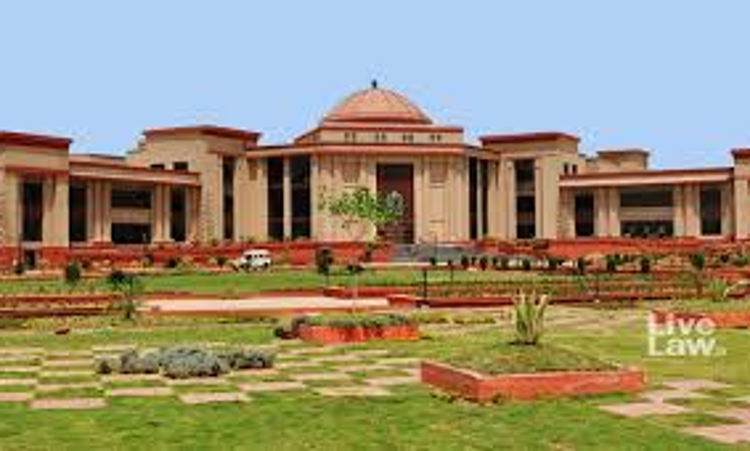Bail Condition Shouldn't Be Stringent Otherwise It Would Amount To Denial Of Bail And Violates Accused's Right Of Personal Liberty
Sparsh Upadhyay
11 Jan 2021 9:06 AM IST

Next Story
11 Jan 2021 9:06 AM IST
The Chhattisgarh High Court last month observed that while granting bail, condition imposed should be not be stringent and it should be reasonable, otherwise, it would amount to denial of bail and that further amount to denial and deprivation of personal liberty of the accused violating his constitutional right guaranteed under Article 21 of the Constitution of India. The Bench of...
